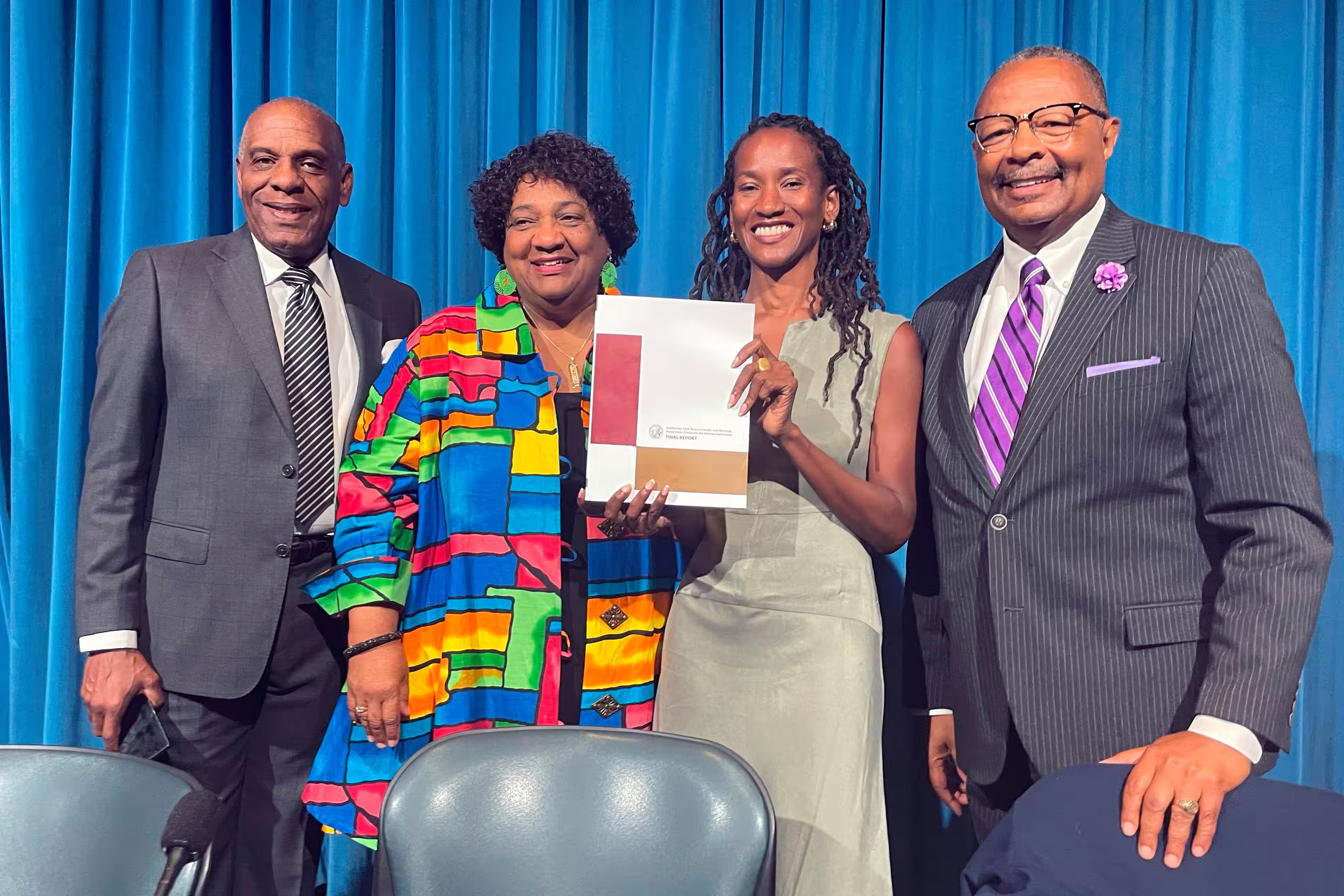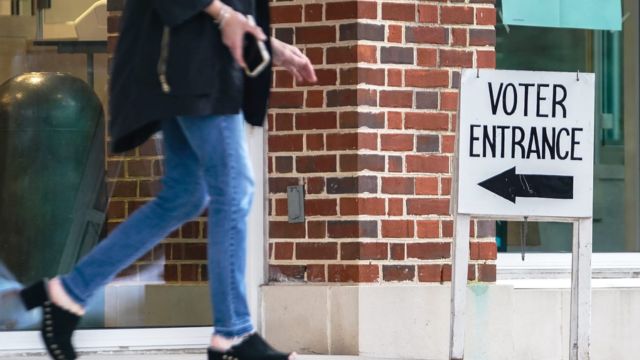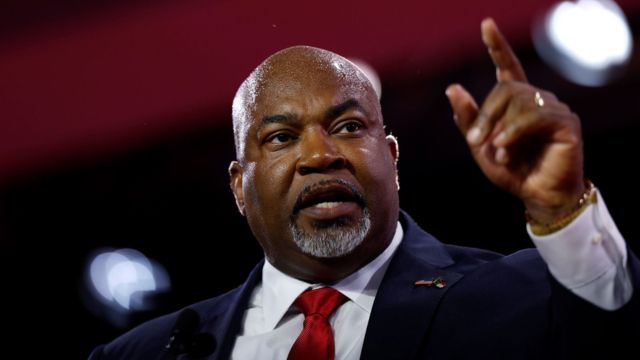In a significant move, the California Legislative Black Caucus (CLBC) unveiled a comprehensive legislative package consisting of more than a dozen bills addressing reparations on the eve of Black History Month. This historic initiative comes in the wake of the June 2023 release of a comprehensive 500-page Reparations Task Force Report, which outlined various recommendations to rectify generations of systemic harm inflicted upon Black Californians, dating back to the era of slavery.
Notably, none of the 14 bills in the proposed package includes direct cash payouts to Black residents, a decision influenced by the looming challenge of a projected state budget deficit approaching nearly $40 billion, as reported by the Los Angeles Times. A 2023 poll conducted by the Institute of Governmental Studies at the University of California, Berkeley, and co-sponsored by the L.A. Times indicated that a majority of California residents do not support reparations in the form of cash.
State Assemblywoman Lori D. Wilson (D) acknowledged the fiscal constraints, stating, “We started realizing with the budget environment we were going to have to do more systemic policy change to address systemic racism versus big budget asks because there just wasn’t the budget for it.” Wilson emphasized that the legislative priorities would focus on systemic policy changes and creating opportunities.
The legislative package, collectively known as the 2024 CLBC Reparation Priority Bill Package, targets key areas for improvement, including education, health, business, prisons, and civil rights. Several bills within the package propose amendments to California’s Constitution, a move that is anticipated to face resistance from some lawmakers.

Read more:
- No Trump Support: GOP Candidate Mazi Pilip in NY Won’t Back Trump if Criminally Charged
- Governor Hochul Signs Bill Redefining Rape in New York
- California Gun Control Law Back in the Legal Spotlight
- Iran Bombing Urged by Hawks, Barbara Lee Stands Firm on Peace
However, the proposed bills have not been without criticism, with some arguing that they fall short of addressing the magnitude of the issues at hand. Chris Lodgson, an organizer with the Coalition for a Just and Equitable California, expressed dissatisfaction, stating, “Not one person who is a descendant who is unhoused will be off the street from that list of proposals. Not one single mom who is struggling who is a descendant will be helped. Not one dime of the debt that’s owed is being repaid.”
In response to these concerns, a news release from the California Legislative Black Caucus emphasized that the proposed bills mark the beginning of a multi-year effort to implement the recommendations outlined in the Reparations Task Force Report. Assemblyman Reginald Byron Jones-Sawyer Sr. asserted the caucus’s commitment to rectifying historical wrongs, stating, “We will endeavor to right the wrongs committed against black communities through laws and policies designed to restrict and alienate African Americans. These atrocities are found in education, access to homeownership, and to capital for small business startups, all of which contributed to the denial of generational wealth over hundreds of years.”
As the legislative proposals enter the spotlight, they reflect a nuanced approach to reparations, emphasizing systemic changes over immediate financial disbursements. The ensuing debates and discussions will shape the trajectory of California’s efforts to address historical injustices and pave the way for a more equitable future.















+ There are no comments
Add yours